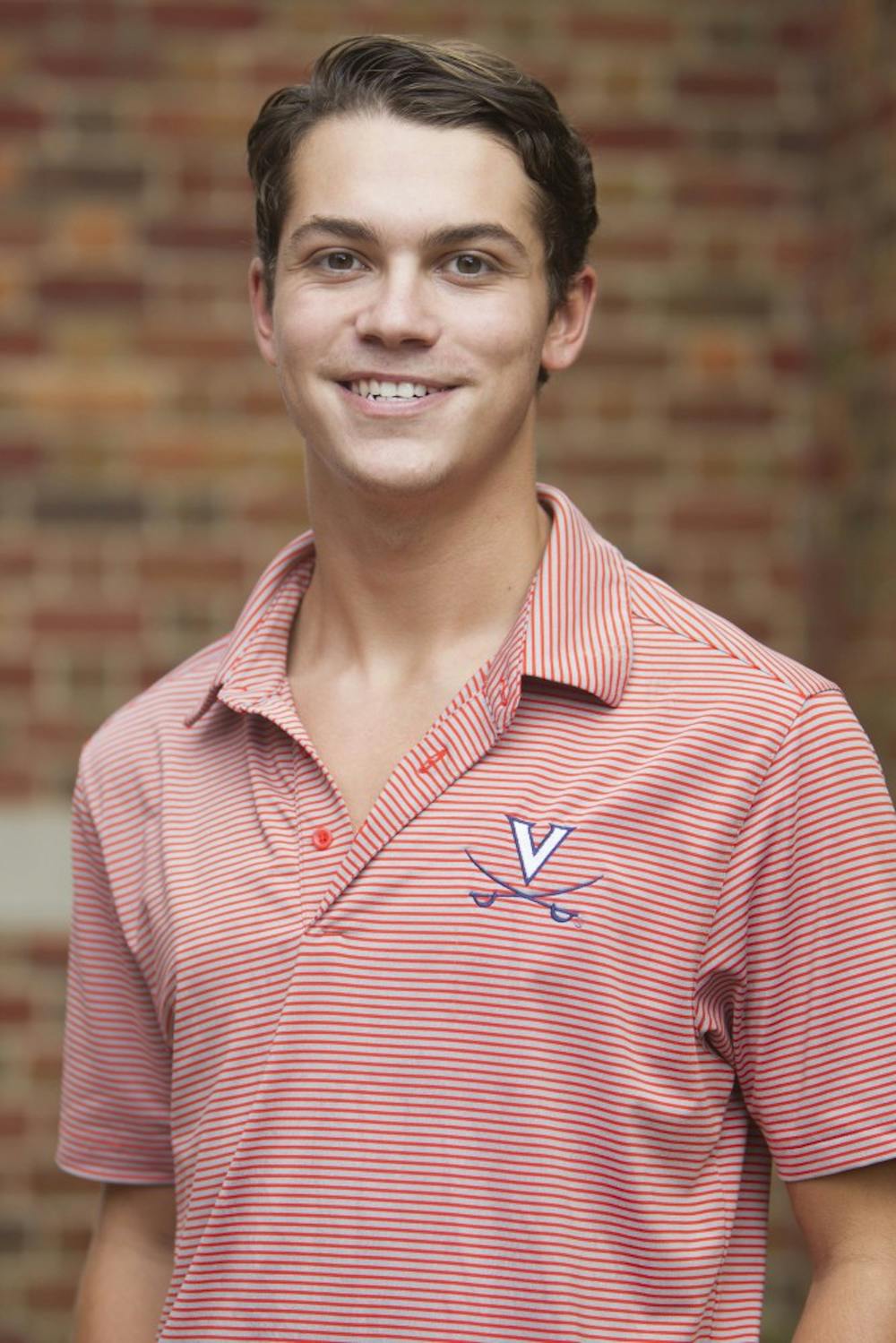This June 6 marked the 50th Anniversary of the assassination of Robert F. Kennedy — former U.S. Attorney General, Senator, younger brother to our 35th president and a U.Va. Law School alum. Around this anniversary, my dad came home with a signed copy of Robert F. Kennedy Jr.’s new book “American Values”, a memoir about the lessons he’s learned from his father’s life. While I can’t always muster up the attention span to power through a 400-page book, I devoured this one within a week.
Although RFK’s illustrious yet controversial political career was cut short, his activism and unwavering resolve gave a voice to marginalized people and made strides for our country that still ripple through today. The tenets that he subscribed by and preached to anyone who would listen are ever-applicable to our current world. From college students to celebrities to children and politicians, everyone can learn something from the values that RFK steadfastly maintained until his death.
Courage: One word that cannot be associated with Robert F. Kennedy is “coward.”
Throughout both his childhood and his adult career, he stood up for the underdog and never wavered in his beliefs despite the possible consequences. While a student at the University of Virginia School of Law, Kennedy led the Student Legal Forum, a group that was responsible for inviting intriguing speakers to Grounds. Despite the fact that the University was still segregated at the time, Kennedy decided to invite Dr. Ralph Bunche, the first person of color to win a Nobel Peace Prize. RFK faced significant backlash from the student body and Charlottesville community, who were outraged by the decision to bring a black man to speak at their school. However, despite death threats and stones hurled at his house throughout the night, Kennedy refused to cancel the event and hosted Dr. Bunche in his home, feeling that it would be the safest place for him.
Kennedy personified bravery by rejecting the negative, bigoted pressure from his community. If RFK was around today, I presume his take on the white supremacist rallies of Aug. 11 and 12, 2017 would be a mix of emotions. I believe that he would be disgusted by the fact that such hateful groups that spew prejudice and violence still exist today. He would be disappointed that some minds still haven’t evolved since 1968, where prejudice was somehow accepted, and that not all humans have been cured of hatred. However, I think that Kennedy would be incredibly proud that racism was in the minority, and that the Charlottesville community responded by rising up and forcefully informing the alt-right, neo-Nazis and KKK that hate has no place in our city or on our Grounds.
Hope: Many of us consider 2018 to be one of the most divided times in U.S. political history, given that there are people on the Right, people on the Left, and very few in between.
However, during Bobby Kennedy’s era, our nation was about as broken as it could possibly be. RFK was a man who maintained hope, despite witnessing a country in one of its most divided periods, and inspired hope in those who had very little left.
His daughter Kerry Kennedy recently published a book called “Robert F. Kennedy: Ripples of Hope”, which is comprised of interviews with politicians, celebrities and activists about her father’s impact on their lives and careers. I met her earlier this summer and had her sign a copy of it for me. While reading it, I was amazed at how he stood as a pillar of optimism for thousands of people who had never met him. Tony Bennett — the world-famous singer, not the world-famous basketball coach — recalled how Bobby Kennedy was, in his opinion, the last great chance for the Civil Rights Movement after JFK and Martin Luther King Jr. were both assassinated in the mid-60s. However, when Bobby was killed as well, his legacy and the powerful work he had done were so strong that they lived on as an eternal source of hope.
At a time where divisiveness is prevalent and some of our leaders fall into a trap of wrongdoing, it’s important to keep in mind the words of a man who served as a true role model for all Americans:
“Few will have the greatness to bend history itself, but each of us can work to change a small portion of events,” Kennedy said. “It is from numberless diverse acts of courage and belief that human history is shaped. Each time a man stands up for an ideal, or acts to improve the lot of others, or strikes out against injustice, he sends forth a tiny ripple of hope, and crossing each other from a million different centers of energy and daring those ripples build a current which can sweep down the mightiest walls of oppression and resistance.”
Whether it be kindly engaging in conversation with a homeless person on the Corner or speaking out against an injustice around Grounds, all University students can send forth ripples of hope in small, very feasible ways. When you act with courage and act with hope, you can affect change on a much greater scale and carry on the legacy of one of the greatest Wahoos to walk down the Lawn.
Luke Fischer is a Life Columnist for The Cavalier Daily. He can be reached at life@cavalierdaily.com.







